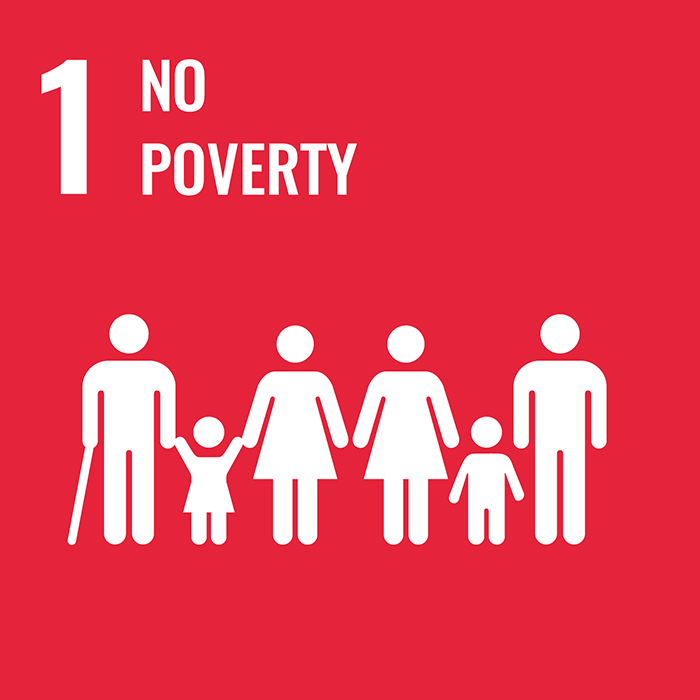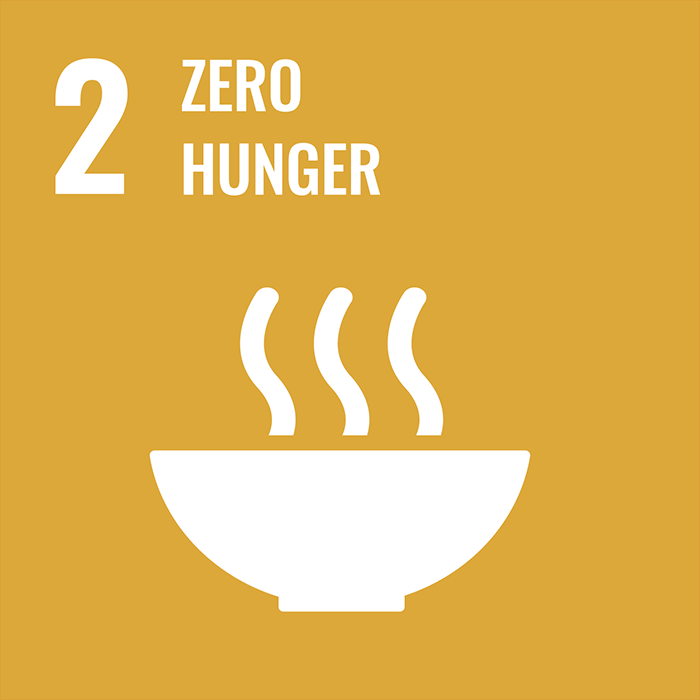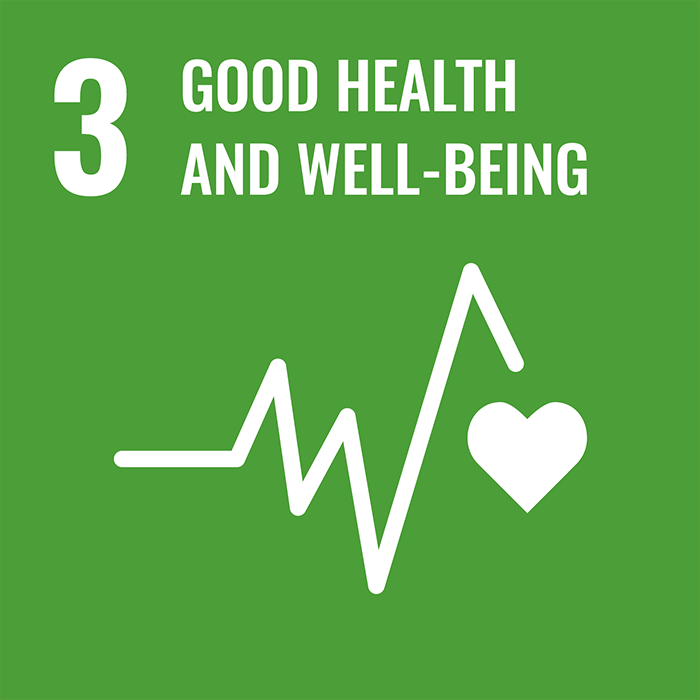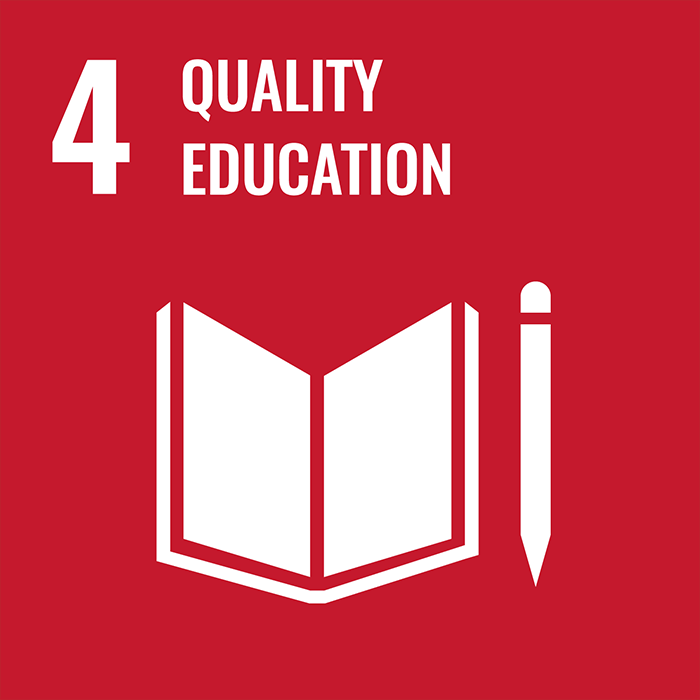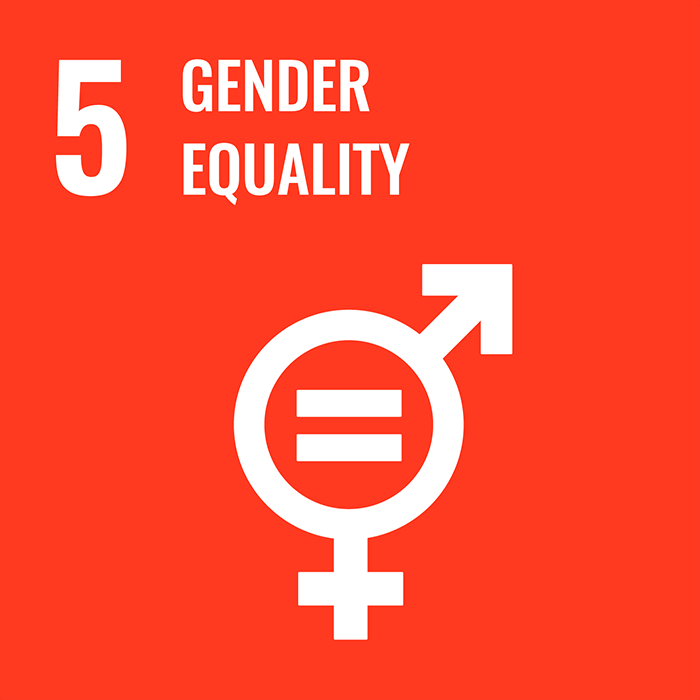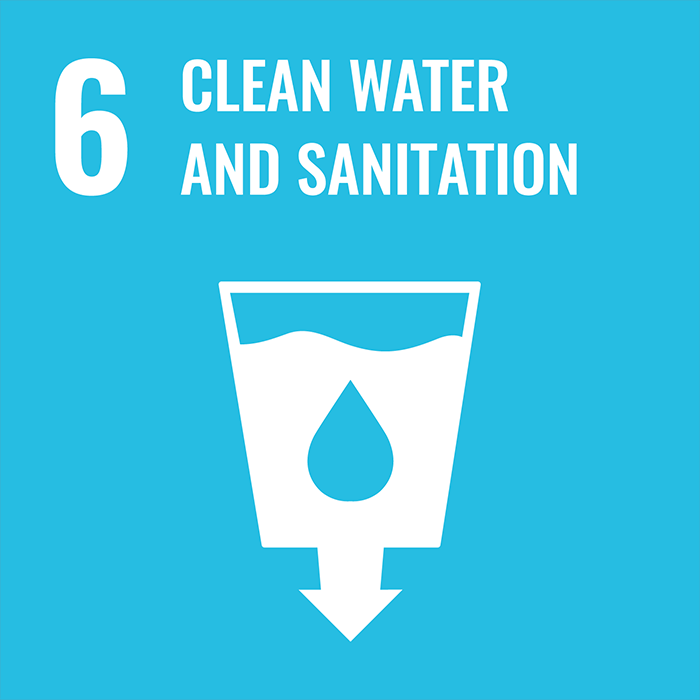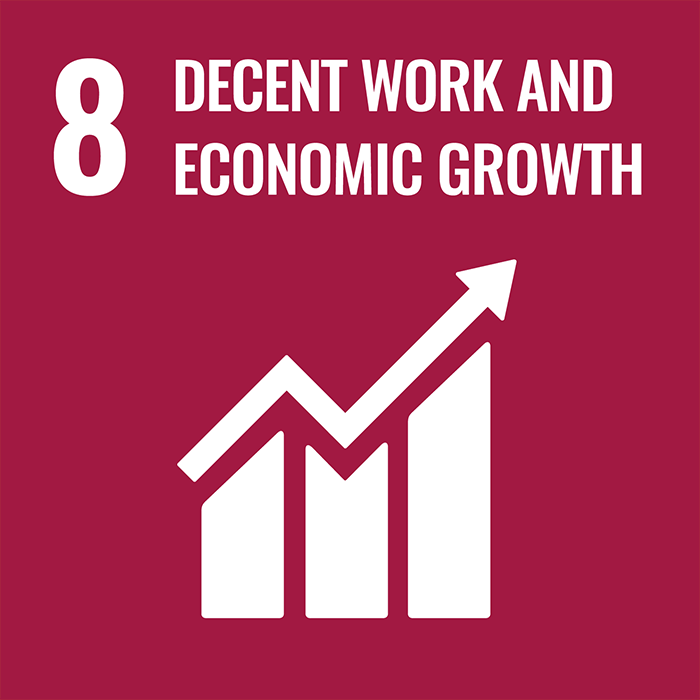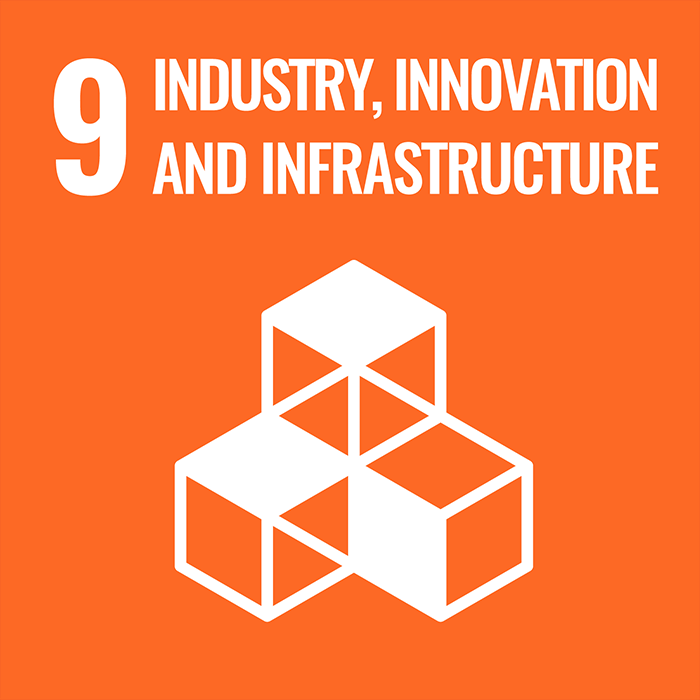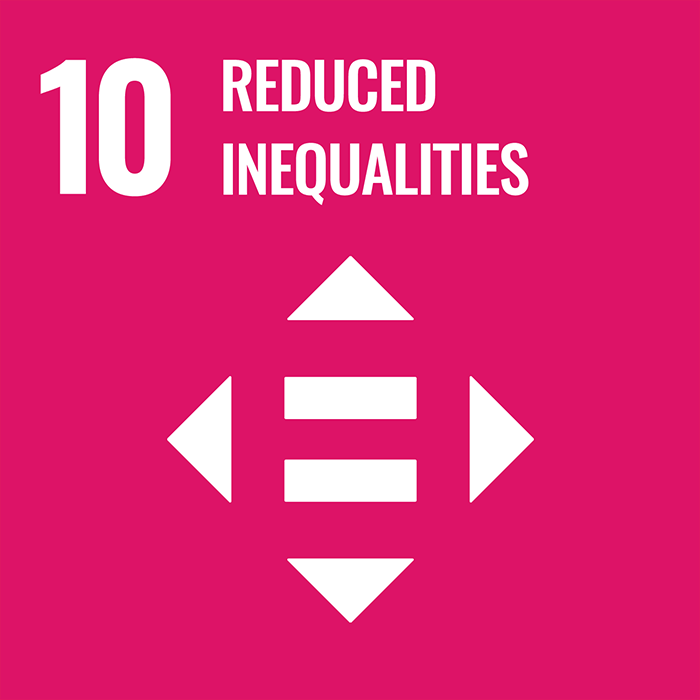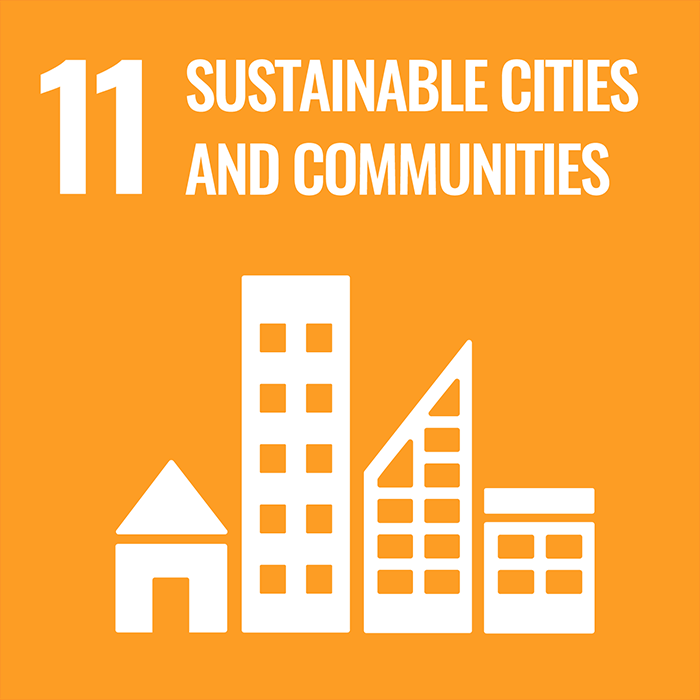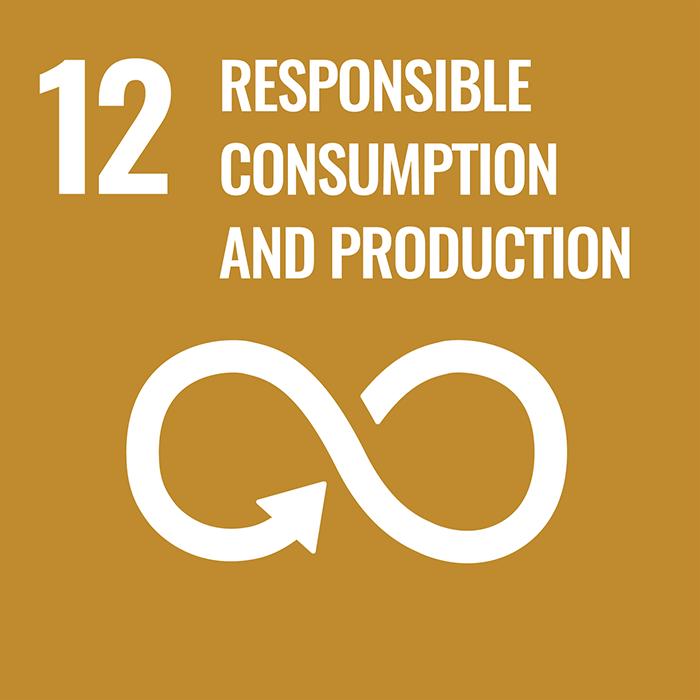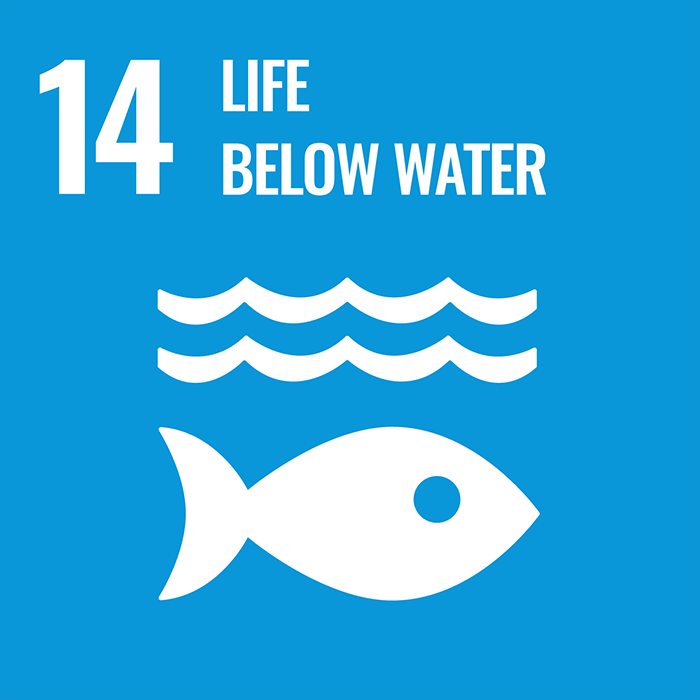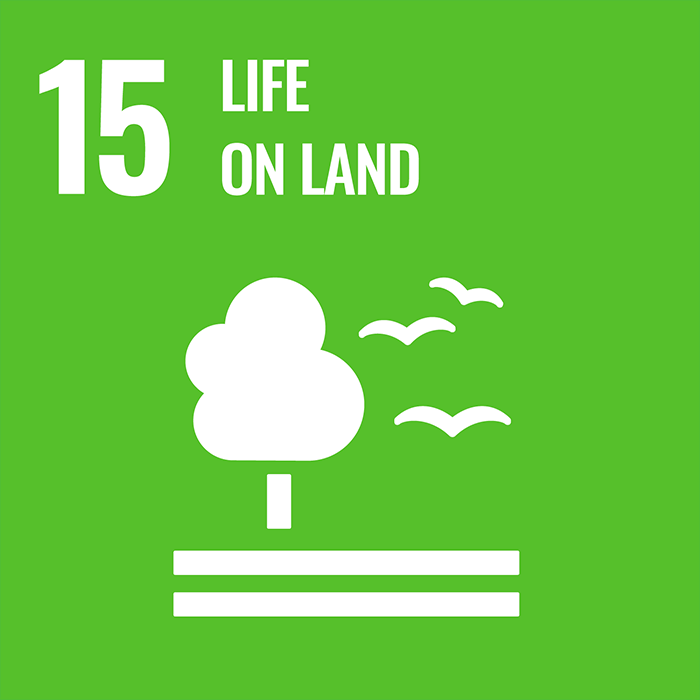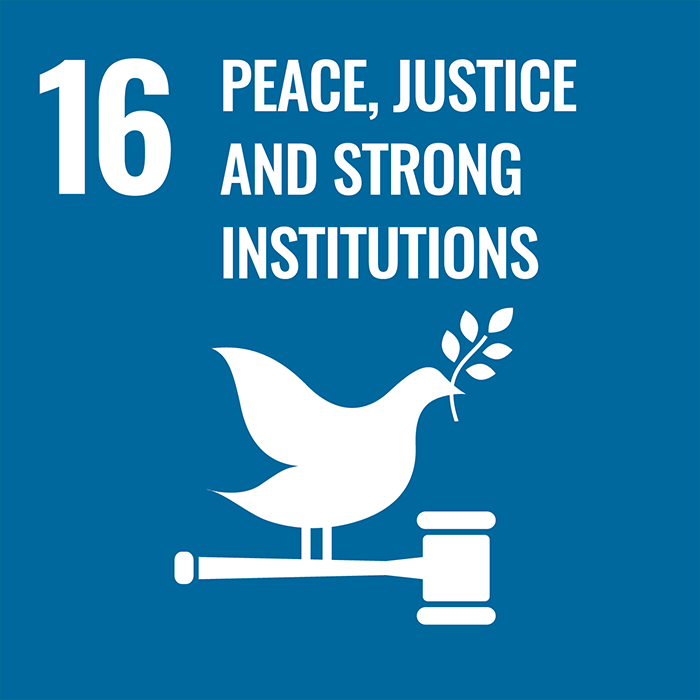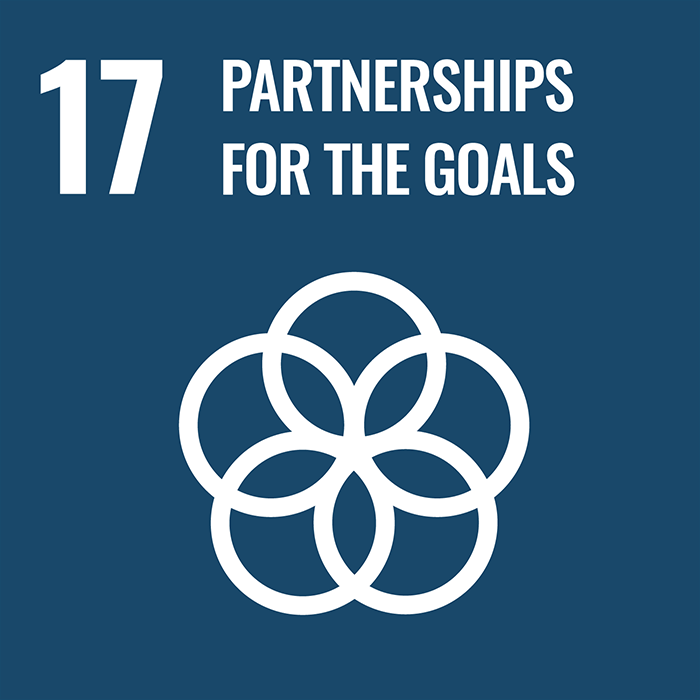UN SDG 1: No poverty
End poverty in all its forms everywhere
Our research

The University of Glasgow has received a share of £9.7 million of funding from UK Research & Innovation (UKRI) to tackle regional disparities across the UK.
The funding of nearly £2 million over 35 months will support the Partnership for Change trial, a randomised controlled trial of Infant Parent Support, a co-produced poverty- and neurodiversity-aware mental health intervention aiming to support struggling families.
The funding is just one of 17 funded projects announced by UKRI aimed at ensuring everyone in the UK has a path to economic success and personal wellbeing, regardless of where they live.
The Partnership for Change trial – co-led by Professor Helen Minnis and her team in the University’s School of Health & Wellbeing, and Matt Forde, UK Partnerships & Development Director at the NSPCC – will involve around 180 families in Glasgow and London with children aged from birth to five years old, and aims to reduce the risk of abuse or neglect.
Learning & teaching

The University is a leader in degree programmes that provide an advance standard of future-proof education for students from their early days of study in order to maintain lifelong learning. The University is renowned for its social and public policy programmes; the teaching team was awarded the Social Policy Association/Policy Press Outstanding Teaching Award 2020, in recognition of the excellence and innovation in teaching social policy in the UK.
Social and public policy programmes focus on addressing global and societal challenges such as social inequalities, technology and sustainability. The programmes employ an interdisciplinary approach encompassing ideas from political science, sociology and economics to understand and engage how governments shape their responses to address welfare and wellbeing needs of the people they serve. Throughout the programmes there are work placement opportunities with voluntary or public sector organisations, helping to expand and deepen the knowledge and practical experience of students.
Currently the University offers 30 social and public policy programmes across a wide range of single and joint honours programmes, including one LLB with Scots law. The degree programmes provide many of the analytical, literary and teamwork skills that many employers are looking for. Our graduates pursue careers as managers, professional and policy analysts in the private, voluntary and public sectors within institutions, central and local governments across the country and around the world.
Find out more
University operations

In 2024, the University launched the Glasgow Riverside Innovation District Civic Grant Fund. Through this initiative, the University is investing up to £5,000 per application for projects that will make a positive community, civic or social impact. Applications can also be made to a GRID Civic Micro Grant Fund, which is open all year round, and provides up to £850 to support smaller scale projects.
Both funds were established in recognition of some of the truly exceptional people and groups working hard to address issues within their community and to support them to continue to make a positive impact. Through the operation of the funds, the University hopes to learn from, and continue to build relationships with, local people as well as community anchor organisations to support long-term community development.
We are also keen that our students can make a positive contribution, and will develop the programme to include student internships that can support the application and evaluation process for the second phase.
Find out more

The University offers 30 social and public policy programmes across a wide range of single and joint honours programmes, including one LLB with Scots law.
Civic engagement

The University provides a wealth of civic involvement, engaging in the local community and with policymakers at a local, regional and national level. While measures to alleviate poverty are vital for the success of the SDGs it is also important that institutions play the part they can in policymaking.
Established in 2017, the UK Collaborative Centre for Housing Evidence (CaCHE) is led by the University of Glasgow and funded by the Economic & Social Research Council and the Arts & Humanities Research Council. CaCHE brings together a consortium of eight partners in higher education and non-academic institutions, to create a leading evidence centre on housing research that convenes experts from various disciplines to create a rich and diverse community of practice. The centre fosters collaboration, knowledge exchange and engagement with policymakers, practitioners and researchers, and produces evidence and new research that contribute to tackling the UK’s housing problems at a national, devolved, regional and local level.
A recent report, co-authored by CaCHE, alongside the Chartered Institute of Housing Scotland, the University of Stirling, StudentCrowd, the Edinburgh Student Housing Co-operative and Slurp Edinburgh (Students for Action on Homelessness) highlights the impact of homelessness on our student population in Scotland. The report for the Cross Party Group on Housing says there is a severe student housing crisis in cities including Edinburgh, Glasgow and Dundee and calls on the Scottish Government to take immediate action to tackle the issue.



